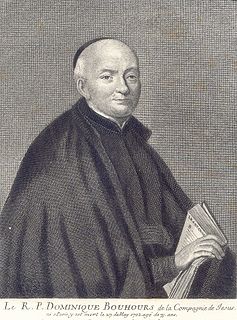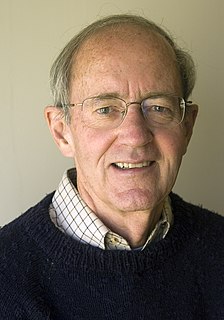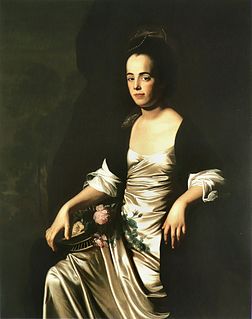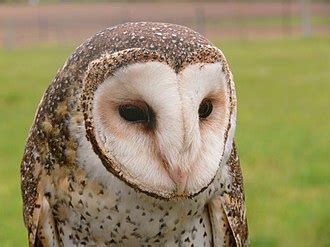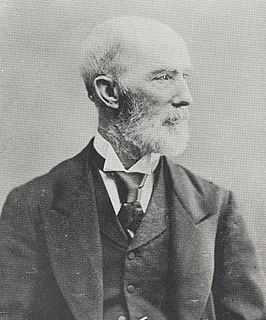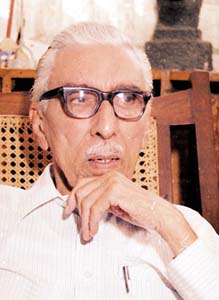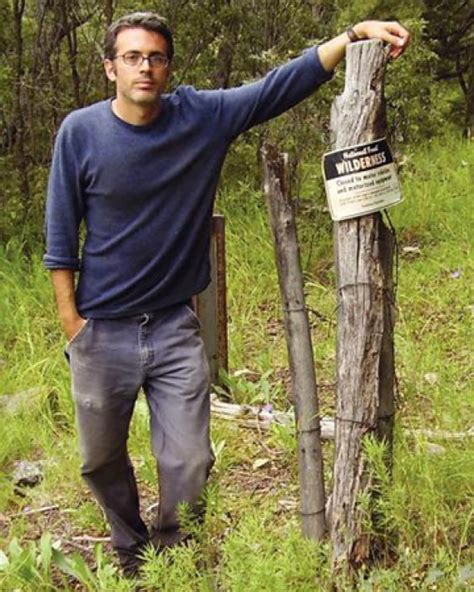Top 39 Quotes & Sayings by Clement Greenberg
Explore popular quotes and sayings by an American essayist Clement Greenberg.
Last updated on April 14, 2025.
Once efficiency is universally accepted as a rule, it becomes an inner compulsion and weighs like a sense of sin, simply because no one can ever be efficient enough, just as no one can ever be virtuous enough. And this new sense of sin only contributes further to the enervation of leisure, for the rich as well as the poor. The difficulty of carrying on a leisure-oriented tradition of culture in a work-oriented society is enough in itself to keep the present crisis in our culture unresolved.




